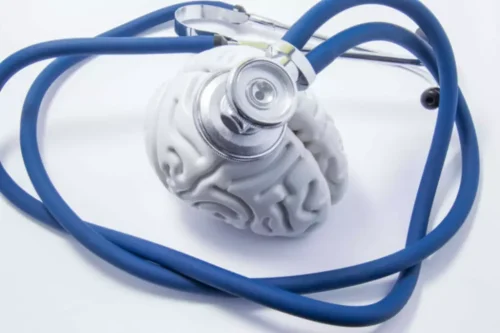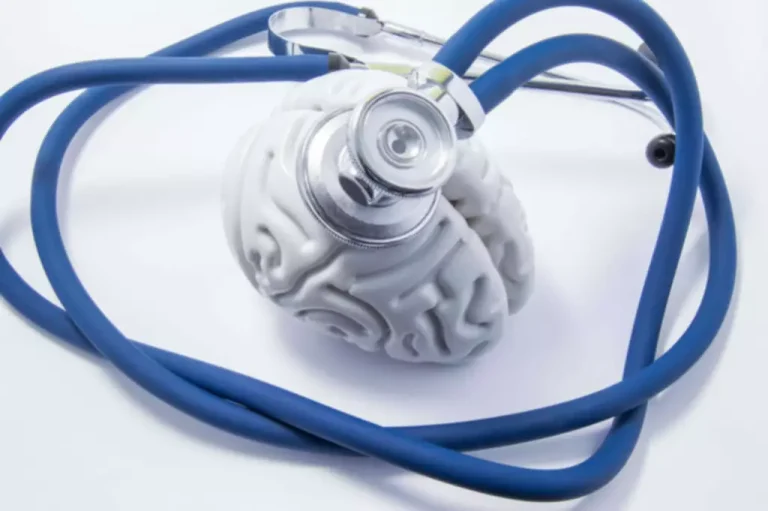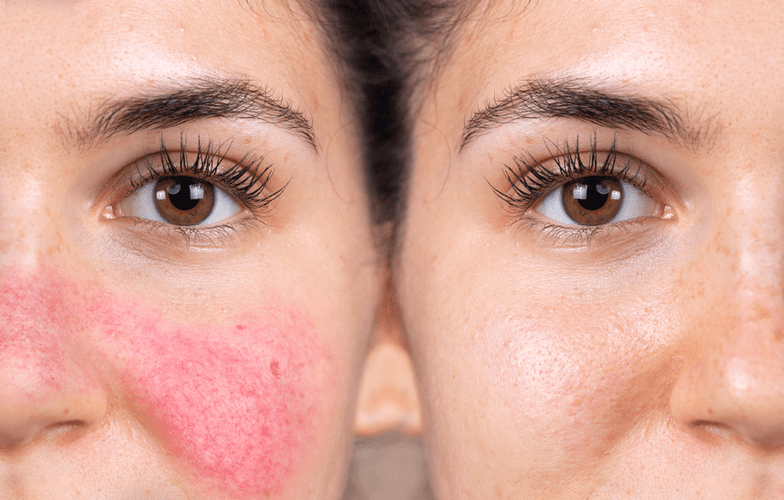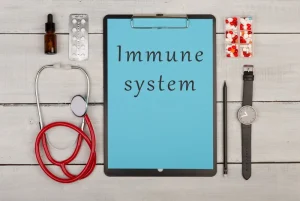In sum, the motivational perspective predicts that people will be motivated to use addictive substances to the extent they expect that doing so will result in desirable effects that they want to achieve. The relationship between these two factors is multiplicative (Value x Likelihood). This means that there will be no motivation to the goal pursuit if the value of the goal is zero, no matter how high the likelihood of success. Similarly, there will be no motivation if the expected chance is quite low. Drinking too much can cause a range of consequences, and increase your risk for a variety of problems. Because their stupidity — which reigns supreme in America — has a tragic element.
Find science-based information on the effects of alcohol on health.
Once detox is complete, alcoholics can begin tackling problematic behaviors related to their addiction and learn how to live sober again. Because alcoholism is a chronic disease and alcohol relapse is common, persistence is a necessity — but success is achievable. While end-stage alcoholism is a dire situation, it’s not a hopeless one. Late-stage alcoholics can get better if they seek treatment, and some of their health problems can even be reversed if caught early enough.
Recovery Is Possible
- However, even a mild disorder can escalate and lead to serious problems, so early treatment is important.
- Additionally, alcohol can damage the nerves in the inner ear, affecting balance.
- Fluid buildup in end-stage liver disease is a particularly ominous sign.
- The early or adaptive stage of alcoholism marks the beginning of an alcoholic’s struggle with addiction.
Molina and colleagues review research showing that alcohol impairs recovery from three types of physical trauma—burn, hemorrhagic shock, and traumatic brain injury—by affecting immune homeostasis. Their article also highlights how the combined effect of alcohol and injury causes greater disruption to immune function than either challenge alone. For example, if you’re receiving treatment for a condition related to alcohol use, like cirrhosis of the liver, you should ask your healthcare provider about changes in your body that may be new symptoms. If you’re receiving counseling, ask your provider about handling high-stress situations when you may feel like you need some additional mental health support. Clinicians have long observed an association between excessive alcohol consumption and adverse immune-related health effects such as susceptibility to pneumonia.
The answer is the overall benefit of a goal pursuit, to which two factors contribute—the subjective value of goal pursuit and the perceived likelihood of successful goal pursuit na vs aa (Value x Likelihood). In other words, the strength of people’s commitment to something depends on its value to them and the chance that the value will, in fact, occur. The Healthline FindCare tool can provide options in your area if you need help finding a mental health specialist. Alcohol use disorder can include periods of being drunk (alcohol intoxication) and symptoms of withdrawal. Dr. Kling recommends that people going through menopause limit alcohol to one drink a day or less, in addition to eating a balanced diet and exercising regularly. Dr. Oesterle leads Mayo Clinic’s inpatient rehabilitation program for addiction and says he often sees alcohol use become a problem for people after they retire.
What health complications are associated with alcoholism?
Alcohol use disorder develops when you drink so much that chemical changes in the brain occur. These changes increase the pleasurable feelings you get when you drink alcohol. This makes you want to drink more often, even if it causes harm. Adult partners may perform a ritual of a cocktail while they sit down together to discuss the day. Or friends may meet up without any clear agenda except to drink wine and talk.
The transformative power of fitness isn’t just in the muscles it builds or the calories it burns; it’s in how it rewires our brain, supports our emotional resilience, and gives us a new lease on life. In a clinical case study reviewed in this issue, Trevejo-Nunez and colleagues report on systemic and organ-specific immune pathologies often seen in chronic drinkers. In such patients, alcohol impairs mucosal immunity in the gut and lower respiratory system.
What are the risk factors?
It can help someone handle withdrawal symptoms and emotional challenges. Outpatient treatment provides daily support while allowing the person to live at home. If you feel that you sometimes drink too much alcohol, or your drinking is causing problems, or if your family is concerned about your drinking, talk with your health care provider. Other ways to get help include talking with a mental health professional or seeking help from a support group such as Alcoholics Anonymous or a similar type of self-help group. Exercise releases endorphins, serotonin, and norepinephrine—neurochemicals known as the body’s natural mood lifters.
Alcohol–immune interactions also may affect the development and progression of certain cancers. Meadows and Zhang discuss specific mechanisms through which alcohol interferes with the body’s immune defense against cancer. They note, too, that a fully functioning immune system is vital to the success of conventional chemotherapy. The clinical management of all of these conditions may be more challenging in individuals who misuse alcohol because of coexisting immune impairment.
It can be life-threatening, causing serious medical issues like seizures and hallucinations that require immediate medical care. Because of the severity of the disease, medically monitored alcohol detox is a necessity. Between 3 and 5 percent of people withdrawing from alcohol develop grand mal seizures and severe confusion, known as delirium tremens. Delirium tremens symptoms typically begins about three days after other withdrawal symptoms start. It usually lasts for between two and three days, and it can be fatal.
















